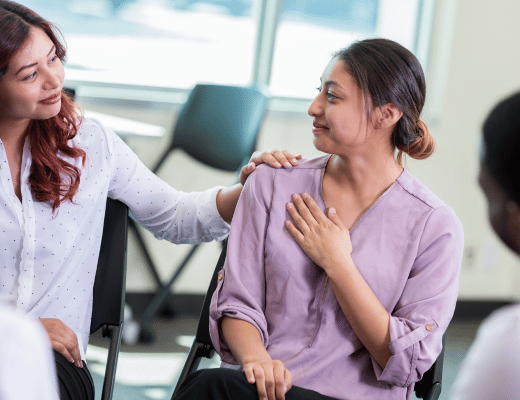Preventing youth violence at social events
Socialising is a major part of a young person’s life, but sometimes altercations can take place in these settings. Learn how you can prevent violence between young people during social events.
Socialising is an important part of self-development for young individuals. However, sometimes, during social events, there may be clashes and confrontations between young people.
Youth violence can happen due to several reasons, from minor misunderstandings to more complicated issues, such as family problems. That being said, it’s important to prevent these kinds of incidents from happening to ensure the safety of the youth.
Also, many young individuals in Australia are prone to engage in reckless behaviour when socialising, and it’s vital that you, as an adult, be aware of the potential triggers for youth violence and learn how to stop them.
Preventing violence between youths at social events
Here are a few ways that you can prevent violent incidents from arising between young people during social situations:

Understand the cause
To effectively prevent violence between young people, you need to get to the root cause of it. Some of the most common causes of violence include previous exposure to violence, socio-economic difficulties, growing up without a positive role model, and mental health issues. By addressing the root causes of violence between young people, you can find ways to prevent it from happening.

Encourage positive role models
Young people are very impressionable, and they may replicate behaviours that they see in their immediate environments. Therefore, encourage youth to be around positive role models; these can be teachers, family members, peers, and community leaders. By doing so, you can influence their behaviour and teach them how to deal with conflicts and express emotions in positive and healthy ways.

Encourage emotional intelligence
One of the keys to preventing violence is to encourage empathy and emotional intelligence. To do this, you need to help young people understand their emotions and learn ways to communicate them effectively in order to reduce instances of aggressive behaviour toward their peers. By learning these skills, young people can learn how to resolve disputes peacefully and avoid conflict.

Conflict resolution training
Through conflict resolution training, you can teach young individuals how to resolve conflicts peacefully and reasonably. Through this training, you can equip young people with the tools they need to calmly navigate difficult social situations without resorting to violence. A great way to do this is to have a workshop to show them how to negotiate, compromise, and seek help if needed.
What Our Community Says About Us
Our Partners





Help exercise and ensure youth safety in social situations
When you’re a parent or a person caring for a young person, their safety during social situations will be a major concern for you. While conflicts can happen in these situations, there are ways to help prevent them and ensure that young people stay safe when socialising.
At Youthsafe, we invest in evidence-based approaches to create long-term change in youth safety by helping parents and guardians find ways to reduce youth violence and increase social safety for youths.
FAQs
If this happens, due to reasons like a conflict during the event, you need to encourage young people to contact a responsible adult immediately and find a safe place to go to.
Even if they’re at the legal drinking age, if they’re susceptible to conflict it’s recommended that they have little to no alcohol at social events.


